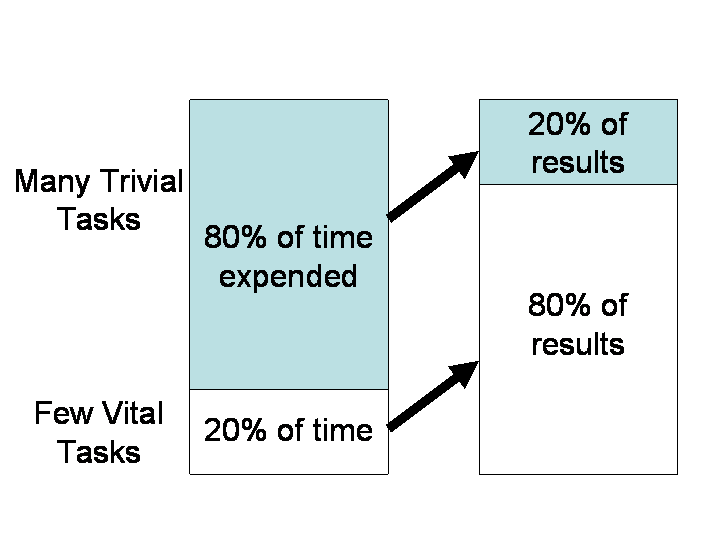One of the issues that commonly leads clients to consult financial advisers is retirement planning. This usually involved creating a plan to save and invest in order to provide a comfortable retirement income. Ideally, this starts many years ahead of retirement, and it is advisable even as early as the first paycheck.

Planning for retirement expands to take in a host of other considerations, such as deciding the time when to retire, the house-where to live and what kind of lifestyle you hope to have. When retirement becomes a reality, the focus shifts to carrying out the plan.
As we grow older, this distinction between planning and preparing becomes more important. It is common that too many life-changing things can happen without regard to the best-laid plans. Often they happen unpredictably, resulting in emergency situations where urgent decisions have to be made and it will affect the retired plan as a whole. To exemplify this situation such as a stroke or a fall, a diagnosis of terminal illness, a broken hip that leaves someone unable to go back to independent living—and suddenly, right now, the family needs to find an assisted living facility, arrange for live-in help or sell a home. In these situations, what are some of the ways to prepare for these contingencies?
Explore housing options well ahead of time. Find out what assisted living, home care and nursing home services and facilities are accessible where you live and whether they have waiting lists. Have family conversations about possibilities like relocating or sharing households.
Research the financial side of these options. Investigate the cost of hiring help at home, assisted living facilities, and nursing care centers. Research what is and is not covered by health and long-term care insurance (if you have any). To do this as early as possible to avoid confusion and frustration in the end, if the insurance cannot cover the cost.
Designate someone to take over decision-making, and do the paperwork. Execute documents like a living will, medical power of attorney and contingent power of attorney. It is advisable to update them as necessary, and give copies to your doctors, your financial planner, and suitable family members.
Start relatively early to downsize. Well before you’re set to let go of possessions or move into smaller housing, start considering what to do with your stuff. It is important that you emphasize on the decisions rather than the distribution. There’s no need to let go possessions in advance, but rather focus on deciding what you want to do with them—and put in writing. It is highly recommended to do this while it’s still your choice, rather than something your family members do while you’re in the hospital or nursing home
Do your best to practice flexibility and acceptance. No matter how strongly you want to live in your own home until the end of your life, for instance, it may not be possible. The physical limitations of aging can limit our choices, and even the best options available may not be what we would like them to be. It is a thoughtful gift for yourself and your family members to accept these realities with as much grace as you can collect.
Finally, please don’t underestimate the significance of planning financially for retirement. The message is you can’t plan for all the things that might happen as you age, nonetheless, you can prepare to deal with them. One of the most valuable tools to cope with those contingencies is definitely having enough money.






